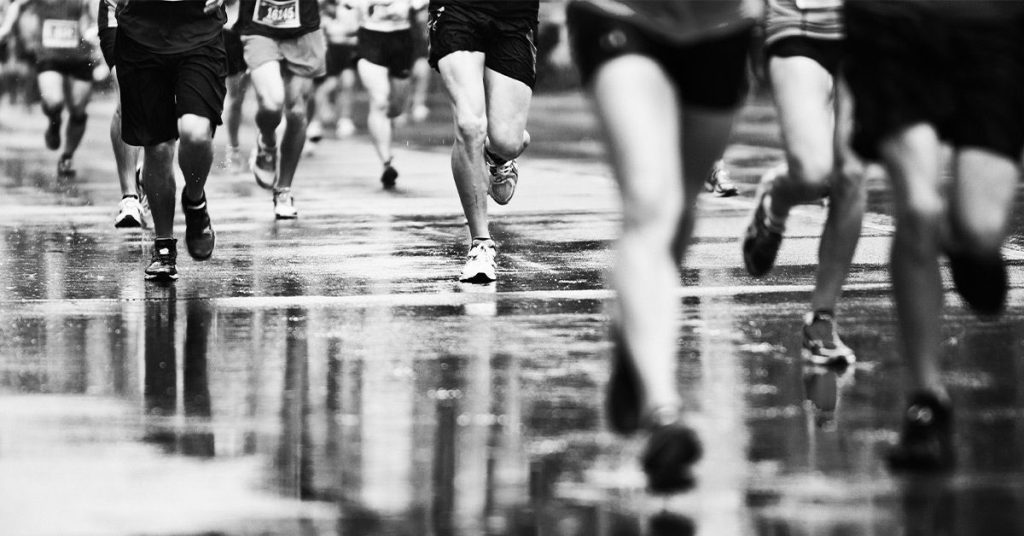A recent study published in the British Journal of Sports Medicine challenges previous findings that suggested intense exercise may have negative effects on longevity. The study, led by sports cardiologist André la Gerche, focused on a group of elite runners capable of running a sub-4-minute mile and found that they may live around five years longer on average than the general population. This finding goes against the common belief that too much exercise can be harmful to the body. The study participants, born between 1928 to 1955, were found to live longer than predicted based on their age, sex, birth year, and nationality.
The research team tracked the longevity of the first 200 male elite runners to achieve a sub-4-minute mile from various countries across the globe. They found that those who accomplished this feat in the 1950s lived approximately nine years longer than the general population, while those from the 1960s and 1970s lived about 5.5 and three years longer, respectively. The study results suggest that intense exercise may actually have a positive impact on health and longevity. These findings align with previous studies on elite athletes, such as Tour De France cyclists, who also tend to have greater longevity.
The study’s lead author, la Gerche, mentioned that the findings could serve as an inspiration for the general population to incorporate aspects of an elite athlete’s lifestyle, such as maintaining a healthy diet, moderate alcohol intake, dedication, and regular, intense exercise. While not everyone can achieve the level of fitness required to run a sub-4-minute mile, the study underscores the importance of regular exercise for cardiovascular health and overall longevity. This information can help guide individuals in making informed decisions about their exercise routines to potentially extend their lives.
Experts not involved in the study, such as cardiologist Jennifer Wong and sports medicine specialist Tracy Zaslow, emphasize the importance of exercise for cardiovascular health and its potential to improve longevity. Wong points out that while extreme exercise may not be necessary for everyone, any level of physical activity can be beneficial. Zaslow notes that more research is needed to explore how different types of exercise and varying levels of intensity can influence longevity. Further studies on a broader range of athletes may help determine the optimal amount and duration of exercise to promote longevity.
The study’s findings highlight the potential benefits of intense exercise on health and longevity, contrary to previous beliefs that too much exercise could be detrimental. This research challenges the notion that extreme exercise may increase the risk of heart events or negatively impact cardiac function. By focusing on elite runners and their exceptional physical abilities, the study suggests that regular, intense exercise could lead to a longer and healthier life. Future research may delve into other types of athletes to better understand how exercise intensity and duration affect longevity.













